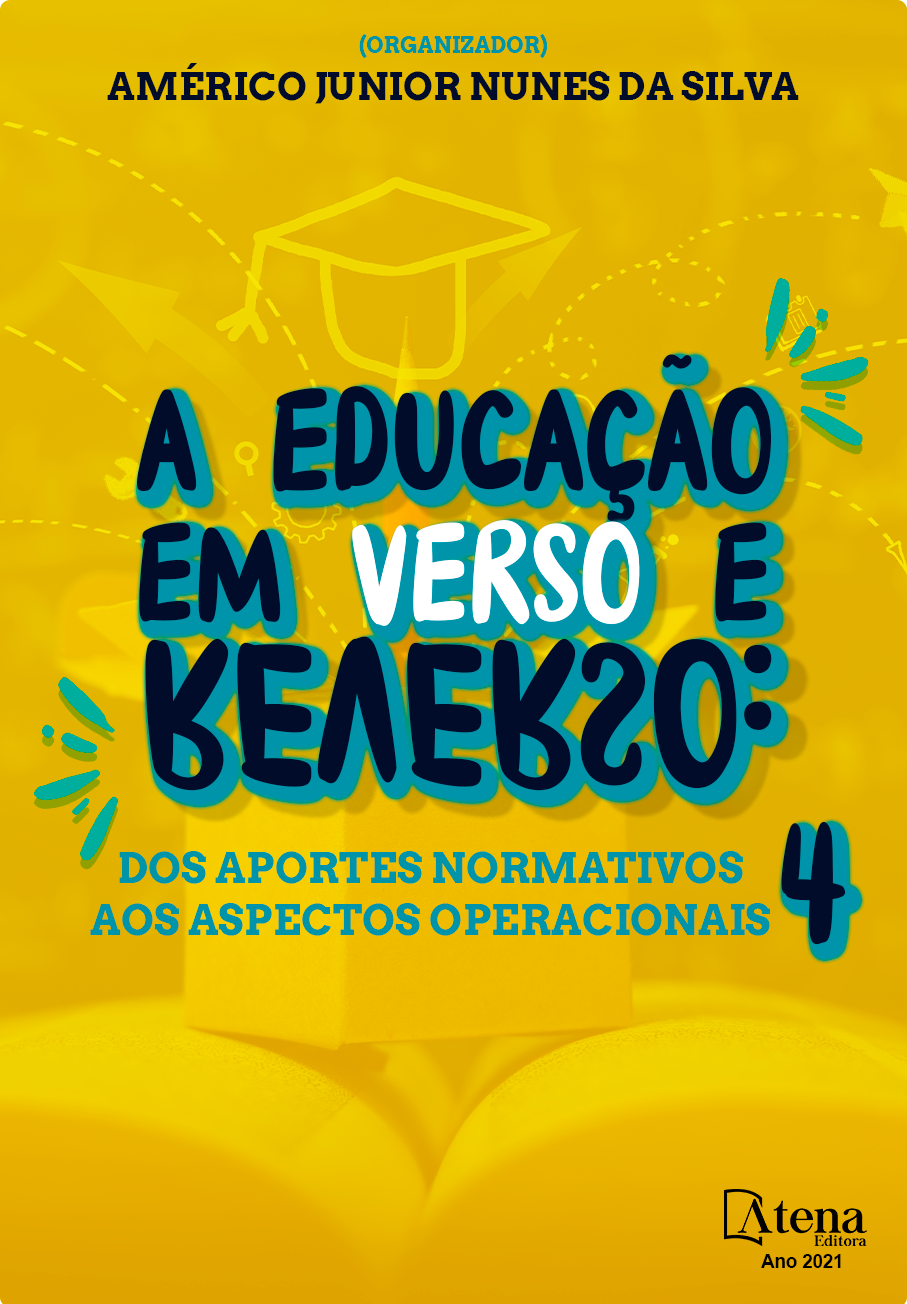
REPRESENTAÇÕES SOCIAIS DE INCLUSÃO E DE ATENDIMENTO EDUCACIONAL ESPECIALIZADO
O estudo teve como objetivo identificar e analisar as representações sociais de inclusão e de atendimento educacional especializado, em políticas públicas e documentos legislativos com foco na educação especial na perspectiva da educação inclusiva. Esta é uma pesquisa documental, do tipo descritiva. Os dados foram coletados em documentos da federais e em documentos publicados no Distrito Federal. As análises foram feitas com ajuda do software Alceste. O atendimento educacional especializado tem se firmado como um serviço muito importante para a eliminação de barreiras que impeçam as aprendizagens. Já o conceito de inclusão não apareceu nas classes formadas pelo Alceste, embora tenham surgido conceitos relacionadas às práticas inclusivas. Ainda vivemos em uma sociedade pouco inclusiva, portanto, não é o conceito de inclusão em si que deve estar na centralidade dos processos inclusivos, mas sim as ações educacionais, éticas e humanas, capazes de favorecer sua solidificação.
REPRESENTAÇÕES SOCIAIS DE INCLUSÃO E DE ATENDIMENTO EDUCACIONAL ESPECIALIZADO
-
DOI: https://doi.org/10.22533/at.ed.36121090720
-
Palavras-chave: Educação Inclusiva, Atendimento Educacional Especializado, Legislação.
-
Keywords: Inclusive Education, Specialized Educational Service, Legislation .
-
Abstract:
The study aimed to identify and analyze the social representations of inclusion and specialized educational assistance, in public policies and legislative documents with a focus on special and inclusive education. This is a documentary and descriptive research. The data were collection in federal documents and documents published in the Federal District of Brazil. The analyzes were performed with the Alceste software. Specialized educational assistance has established itself as a very important service for the elimination of barriers that prevent learning. The concept of inclusion did not appear in the classes formed by Alceste, although concepts related to inclusive practices have emerged. We still live in a society that is not very inclusive, therefore, it is not the concept of inclusion itself that must be at the center of inclusive processes, but educational, ethical and human actions, capable of favoring their solidification.
-
Número de páginas: 15
- Divaneide Lira Lima Paixão


